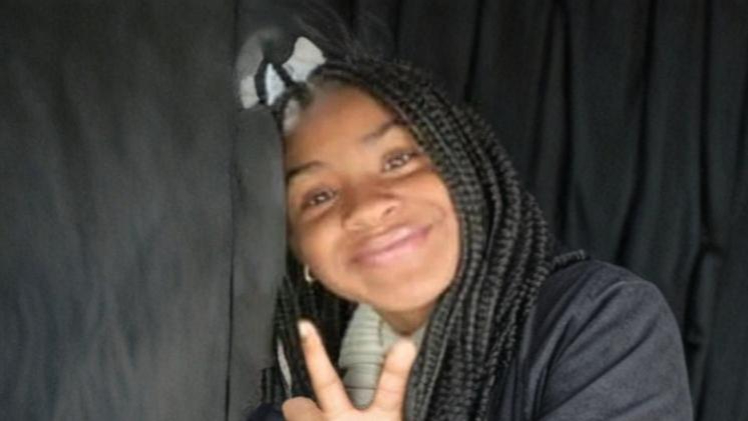Amirah Watson’s story gained national attention through the Netflix series “Missing: Dead or Alive?” Her disappearance in early 2020 and the subsequent search highlighted complex family dynamics and legal challenges. This article explores Amirah’s background, the circumstances of her disappearance, the investigation, and her life following the ordeal.
Early Life and Family Background
Amirah Watson was born on June 5, 2009, in North Carolina, USA, to parents Mansoor Watson and Tynesha Brooks. Her early years were spent in a family environment that, like many, experienced its share of challenges. When Amirah was nine years old, her parents separated, leading to a custody arrangement that would later become central to her story. Amirah’s upbringing in North Carolina was typical of many children her age, filled with school activities and time spent with family and friends.
The Custody Arrangement
Following the separation, Amirah’s father, Mansoor, was granted primary custody. Her mother, Tynesha, was allowed visitation rights, which included regular 72-hour visits. This arrangement aimed to ensure that Amirah maintained a relationship with both parents, despite their separation. Such custody agreements are common and are designed to serve the best interests of the child, providing stability while allowing continued parental involvement.
The Disappearance
In late January 2020, during one of the scheduled visitation periods, Tynesha failed to return Amirah as agreed. Mansoor’s attempts to contact Tynesha were unsuccessful, prompting him to visit her residence, where he found it vacant. Concerned for his daughter’s safety, Mansoor reported Amirah missing, initiating a law enforcement investigation. The sudden disappearance of a child under such circumstances is alarming and often requires immediate action from authorities to ensure the child’s well-being.
The Investigation
Law enforcement agencies launched a comprehensive search for Amirah and Tynesha. Investigators contacted Tynesha’s sister, Jackie McKee, who suggested that Tynesha might have traveled to Atlanta, Georgia, possibly seeking refuge with relatives. Jackie also alleged that Mansoor had been abusive during his relationship with Tynesha, adding complexity to the investigation. Such allegations can complicate custody disputes and influence the direction of investigative efforts.
Discovery and Rescue
After more than a month of searching, authorities located Amirah and Tynesha in Atlanta. Amirah was safely recovered, and Tynesha was arrested on charges related to the abduction. The successful recovery highlighted the collaborative efforts of law enforcement across state lines and the importance of public awareness in missing person cases. The relief felt by families and communities in such situations underscores the critical nature of timely and coordinated investigative work.
Aftermath and Media Coverage
The case received renewed attention in 2023 with the release of the Netflix series “Missing: Dead or Alive?” The series documented various missing person cases, including Amirah’s, providing viewers with an in-depth look at the investigative process and the personal stories involved. The portrayal of Amirah’s case brought national attention to her story, sparking discussions about parental abduction and the complexities of custody arrangements. Media representations of such cases can influence public perception and highlight systemic issues within family law and child welfare systems.
Current Life
Following her recovery, Amirah was reunited with her father, Mansoor, and her stepmother, Sheena Watson, in South Carolina. The family has since maintained a private life, focusing on healing and moving forward. As of March 2024, Amirah is 14 years old, residing with her family and continuing her education. The family’s choice to maintain privacy is common among individuals who have experienced publicized traumatic events, allowing them space to heal without external pressures.
Legal Implications
Tynesha faced legal consequences for her actions, including charges of kidnapping. Such cases underscore the legal ramifications of violating custody agreements and the serious view the justice system takes on parental abduction. The legal outcomes serve both as a deterrent and a mechanism to uphold the rule of law in custody disputes. Understanding these legal implications is crucial for parents navigating custody arrangements to ensure compliance and the well-being of the child involved.
Public Awareness and Preventive Measures
Amirah’s case has contributed to increased public awareness about parental abduction. It highlights the need for clear communication and legal adherence in custody arrangements. Organizations and authorities emphasize the importance of understanding legal rights and responsibilities to prevent similar incidents. Educational programs and resources are available for parents to navigate custody disputes amicably and within legal frameworks, aiming to prioritize the child’s best interests.
